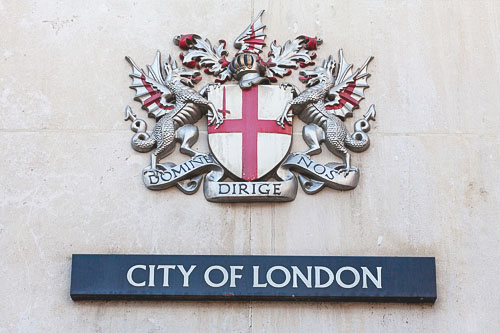
0207 060 7220

Where Is My Parcel?

While national postal services are generally quite reliable,
there are reasons they may not deliver your parcel intact, or at all.
No professional courier service is obliged to carry everything that is put through its system. If the sender manages to get it over the counter at his local sub post-office, UK Royal Mail staff may still intercept it before it gets to you, for legitimate reasons.
Royal Mail can and do interfere with parcels. They will not, for example, forward prohibited items: Royal Mail Terms & Conditions Section: 3.16 - 3.25:
"... 3.22 If we have reasonable suspicion that an Item contains Prohibited Materials, Restricted Materials which do not comply with this Agreement or does not comply with Sanctions Laws we may:
3.22.1 open that Item or delay processing and delivery; and/or
3.22.2 deal with such Item in our absolute discretion (without incurring any liability whatsoever to you or your Intended Recipient) including destroying or otherwise disposing of such Item in whole or in part, or returning the relevant Item to you. ..."
More: Royal Mail prohibited and restricted items - a brief summary:
"... If you send prohibited goods or restricted goods (and you do not comply with the relevant terms and conditions), we may deal with your items as we see fit, including but not limited to, disposing of the parcels concerned (in whole or in part). Please note consequential loss cover is not available when posting any restricted items. ..."
They may end up disposing of them by selling them on eBay. This includes batteries, especially if unconnected to a device. DHL also has a policy, as does Parcel2Go, which interfaces with other couriers. Contraband may still get through, however.
Sorting office staff may certainly interfere with parcels, if they are suspicious of their contents; postmen on the beat cannot.
Items sent abroad, via aeroplane, undergo more scrutiny (e.g X-raying), as they could bring the plane carrying them down.
If couriers did not police what they carried, their own business would have a significant administrative overhead dealing with the consequences; the public continually try to route all kinds of trash through them. Thus they have to deal with items which go on fire, drugs, weapons, noxious or dirty items injuring their workers, etc.
Couriers generally are quite particular with what they will carry and you may not assume that your 'contraband' will pass undetected. If it is detected, in Royal Mail's case, they may simply just sell it at auction, which in a way is simple and direct justice.
Other reasons a parcel may not arrive at its destination:
- Simple theft: Someone, somewhere along the line, has divined that its contents are valuable, and taken them. If you want to see how honest a delivery chain is, try sending £5 in an envelope to friends in different foreign countries, and note how many actually arrive.
Culprits can include postal staff, your neighbours, or even persons staying in the same house. In the 21st century, individuals can develop their own personal morality which is at odds with the ideas of the wider society. They think they're entitled to take your stuff. Americans even have a name of them: 'porch pirates'.
- Bad packing: the contents of the parcel may work their way out in transit, leaving an empty envelope.
- Incomplete address: The address you put on any envelope or parcel should be legible, and as long and as detailed as possible, including a precise apartment number, door number, street name, township, county, post code and country. If the address is somewhere remote, you should include a phone number.
Some people think that because some couriers try their best to deliver items, that means they can put a skimpy address on a parcel. This is not smart. Modern courier companies are trying to save money on staff wages all the time. This leads to disaffected employees who won't try very hard to find the addressee in a 2-line mailing address.
- Wrong address e.g the door number is wrong in the address. It's gone to a different apartment, and they've kept it, or just refused it.
- The postman made a mistake: Your parcel has arrived safely, but at the wrong address.
- Insufficient postage: The sender has not put enough stamps on the item, or the stamps have peeled off in transit.
- Item refused: Whoever was at the delivery address at the time the parcel arrived refused to accept it.
- Local incident: There is political, climate or other disruption in the local delivery area.
These are the common reasons a parcel may go astray, become delayed, or not arrive at all. Persons sending parcels through the mail should make every effort to ensure that the courier has as little excuse as possible not to deliver your parcel intact and in good time.










 Go Paperless
Go Paperless